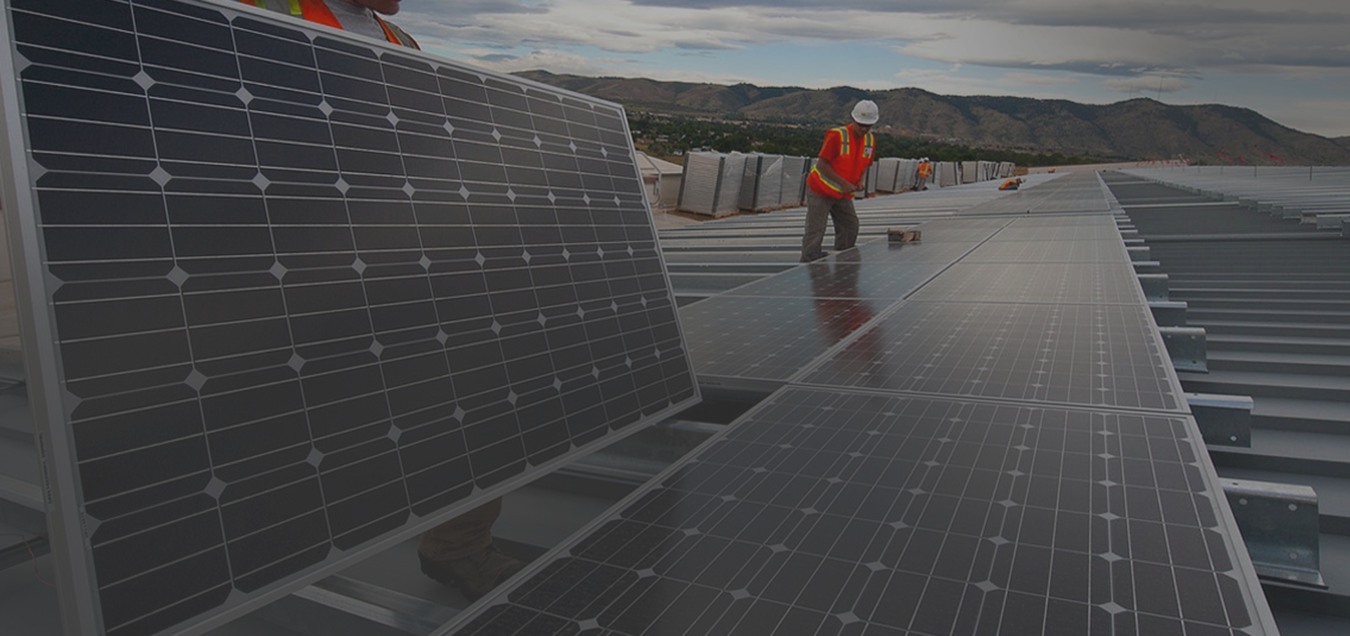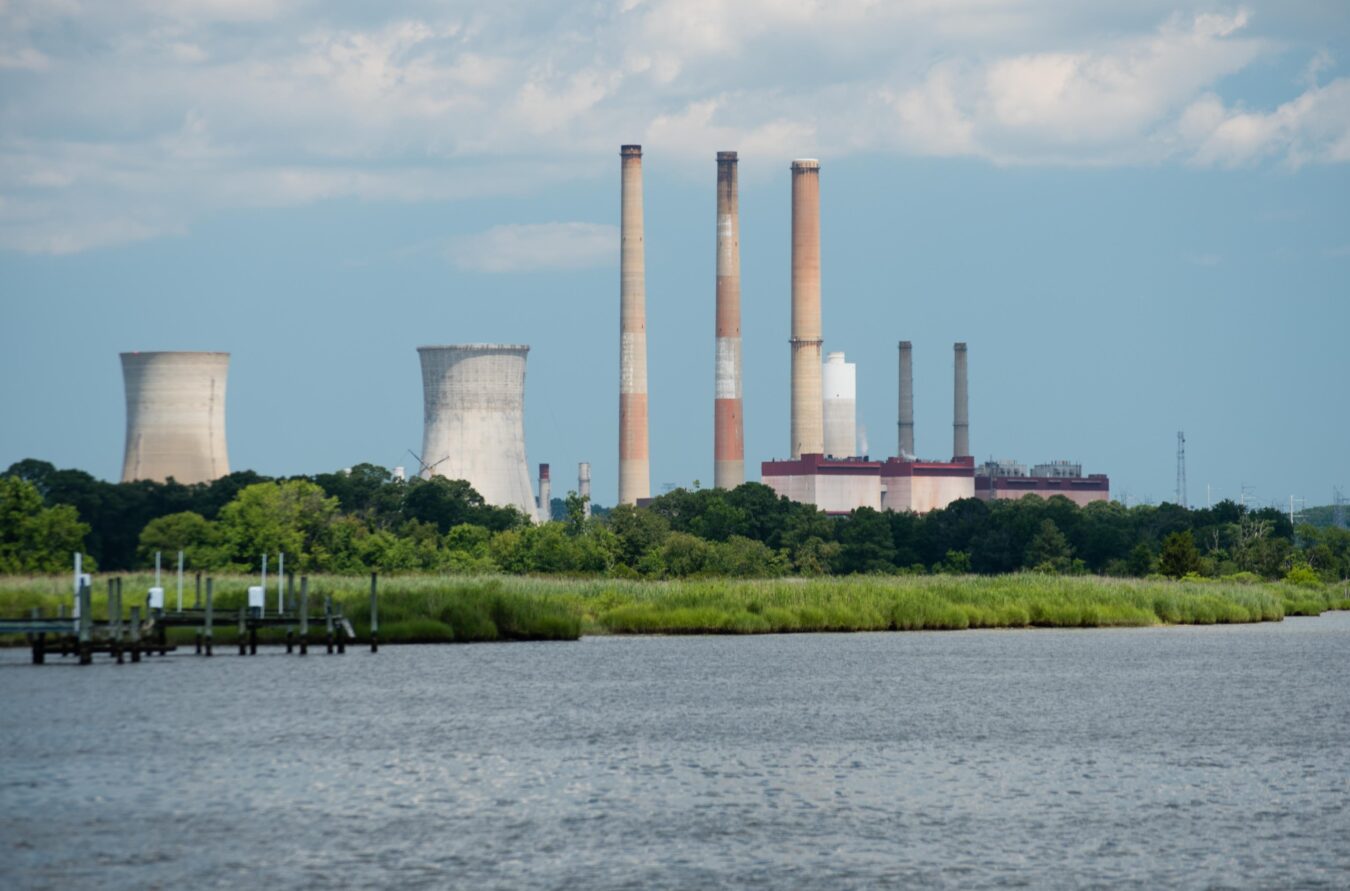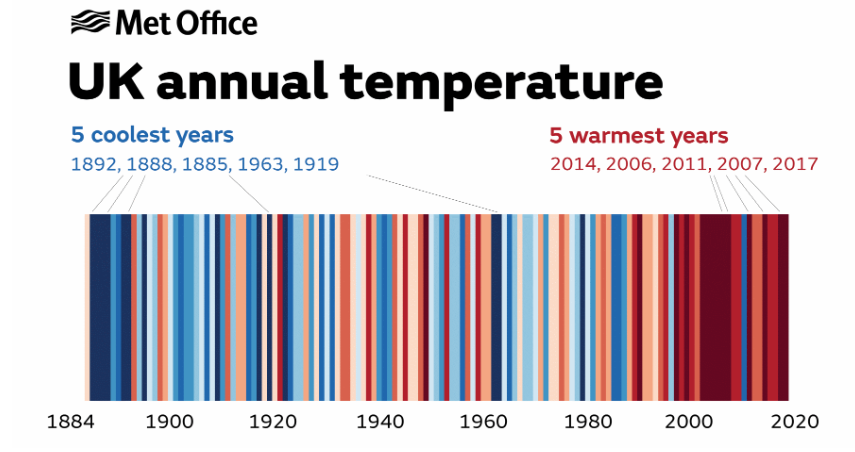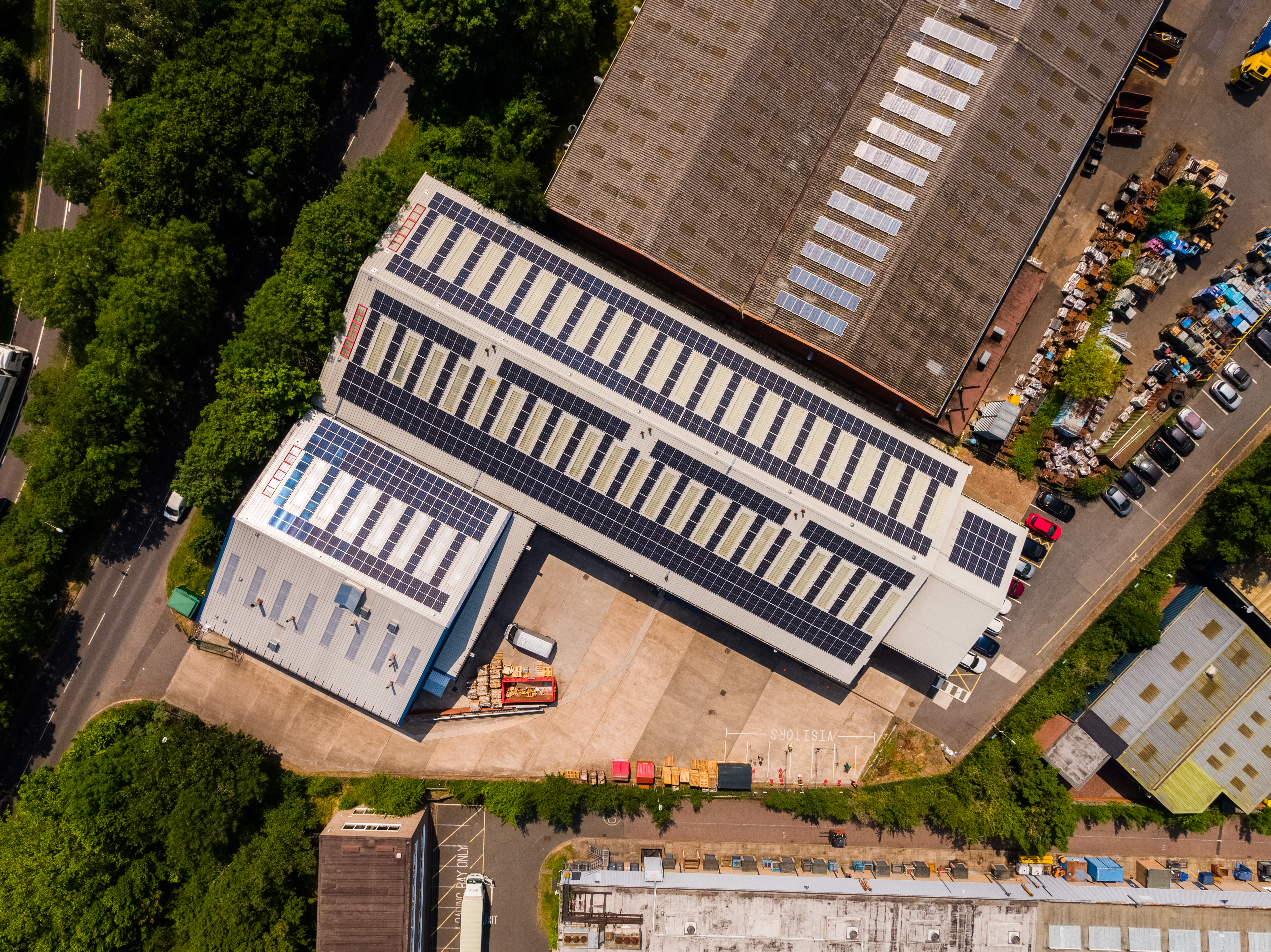 Like many businesses, you may be considering changes to your practices to reduce your environmental impact, often lead by moral or financial drivers.
Like many businesses, you may be considering changes to your practices to reduce your environmental impact, often lead by moral or financial drivers.
Recent government legislation to achieve net-zero by 2050 adds a legal factor into the mix too. But what does it mean? And how will it impact your business?
What is net zero?
 Net zero refers to carbon neutrality – the balance between carbon emissions and carbon removal from the atmosphere. Reducing our emissions is the best way to achieve this, but for those we are unable to eliminate, then we must offset them through investment in carbon reduction schemes, such as tree planting or educational programmes.
Net zero refers to carbon neutrality – the balance between carbon emissions and carbon removal from the atmosphere. Reducing our emissions is the best way to achieve this, but for those we are unable to eliminate, then we must offset them through investment in carbon reduction schemes, such as tree planting or educational programmes.
Why is it so important?
 The trigger for climate change is widely believed to be the industrial revolution in the mid-1800s, which marked the start of large-scale burning of fossil fuels, releasing gasses such as carbon dioxide, methane and nitrous monoxide into the air. This build-up of gasses in the atmosphere has caused climate change, with an average temperature increase of one degree (°C) worldwide, although some countries are seeing greater rises than others. The UK has experienced its five warmest years in the last 13 years, taken from a data set that spans almost 140 years. Globally, the 20 warmest years have happened in the last 22 years – a particularly sobering thought.
The trigger for climate change is widely believed to be the industrial revolution in the mid-1800s, which marked the start of large-scale burning of fossil fuels, releasing gasses such as carbon dioxide, methane and nitrous monoxide into the air. This build-up of gasses in the atmosphere has caused climate change, with an average temperature increase of one degree (°C) worldwide, although some countries are seeing greater rises than others. The UK has experienced its five warmest years in the last 13 years, taken from a data set that spans almost 140 years. Globally, the 20 warmest years have happened in the last 22 years – a particularly sobering thought.
UK annual temperatures 1884-2020

Does a one-degree change really matter?
 Heatwaves, droughts and floods are becoming more intense and frequent as a result of climate change, so it’s more than a rise in temperature. Weather emergencies such as the reservoir dam breach in Whalley Bridge, Derbyshire in August 2019, the wildfires across England in 2018 and the flooding across England and Scotland in 2015 will become more common. Sheffield and the surrounding areas experienced significant flooding as a result of the equivalent of the entire November 2019 rainfall falling in just one day. One small retail business in Kirkstall, West Yorkshire spent £15,000 recovering from the 2015 floods – such an enormous cost to a small business may lead to insolvency. We have a collective responsibility to ensure this doesn’t become the norm.
Heatwaves, droughts and floods are becoming more intense and frequent as a result of climate change, so it’s more than a rise in temperature. Weather emergencies such as the reservoir dam breach in Whalley Bridge, Derbyshire in August 2019, the wildfires across England in 2018 and the flooding across England and Scotland in 2015 will become more common. Sheffield and the surrounding areas experienced significant flooding as a result of the equivalent of the entire November 2019 rainfall falling in just one day. One small retail business in Kirkstall, West Yorkshire spent £15,000 recovering from the 2015 floods – such an enormous cost to a small business may lead to insolvency. We have a collective responsibility to ensure this doesn’t become the norm.
UK legislation

The government first published its Clean Growth Strategy in 2017, outlining how businesses could achieve a 20% reduction in carbon emissions by 2030. This decarbonising strategy was also intended to deliver £6bn savings to UK businesses in the same timescale. Fast forward two years and an even greater commitment was made by the government, reaching wider than the business economy.
In June 2019, the UK joined Norway and Sweden in its commitment to achieving carbon neutrality through legislation. Many more countries pledged to do so as a result of the 2015 Paris Agreement, but are yet to legislate their actions.
What does my business have to do?
 This law binds all UK organisations, private and public, to take action to achieve carbon neutrality by 2050. Businesses must reduce their emissions and balance the remainder through energy efficiency measures, use of renewable energy and carbon offsetting programmes.
This law binds all UK organisations, private and public, to take action to achieve carbon neutrality by 2050. Businesses must reduce their emissions and balance the remainder through energy efficiency measures, use of renewable energy and carbon offsetting programmes.
Help for organisations
 Public sector organisations can obtain government funding to install an array of energy efficiency measures and renewable technology. This reduces the reliance on fossil fuels for energy, and in turn, helps to reduce the level of carbon being released into the atmosphere.
Public sector organisations can obtain government funding to install an array of energy efficiency measures and renewable technology. This reduces the reliance on fossil fuels for energy, and in turn, helps to reduce the level of carbon being released into the atmosphere.
For private businesses, financial assistance is not uniform across the UK. In some areas, interest-free loans and some grants may be obtained to help install carbon-cutting measures, such as solar panels or efficient lighting. A number of trusted banks and organisations also provide attractive low-rate financing for these projects and other no outlay schemes are available to help you transition to net zero. Additionally, there are incentives in many areas, such as parking discounts for electric cars, electric vehicle charging points, or the use of bus lanes to cut commute times and reduce the cost to your business.
Financial benefits to business
 Regardless of the shortage of direct financial support, privately-funded energy-efficiency measures and renewable energy installations deliver substantial fiscal benefits, following a relatively short payback period. Ineco Energy installed LED lighting for one manufacturing business in Wales, at a cost to the business of £35,000. This resulted in an immediate £1,000 per month saving on their energy bills, so the initial outlay will be recouped within three years, yet the benefit of the brighter, more efficient lighting will be enjoyed by the business for around 30 years. In addition, the zero maintenance costs of LED lighting will nullify the thousands spent on lighting replacement over the course of each year.
Regardless of the shortage of direct financial support, privately-funded energy-efficiency measures and renewable energy installations deliver substantial fiscal benefits, following a relatively short payback period. Ineco Energy installed LED lighting for one manufacturing business in Wales, at a cost to the business of £35,000. This resulted in an immediate £1,000 per month saving on their energy bills, so the initial outlay will be recouped within three years, yet the benefit of the brighter, more efficient lighting will be enjoyed by the business for around 30 years. In addition, the zero maintenance costs of LED lighting will nullify the thousands spent on lighting replacement over the course of each year.
An Economist Intelligence Unit survey revealed 83% of companies enjoyed significant cost savings as a result of implementing energy efficiency programmes, while 54% also noted improvements to their brand reputation. Compelling reasons indeed to get on board swiftly with becoming a greener business and implementing energy efficiency measures.
Get in touch
If you’d like Ineco Energy to help your business decarbonise and achieve net-zero, while reducing your bills and increasing profitability,please contact us for more information.
